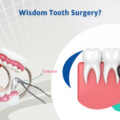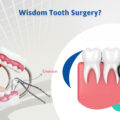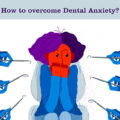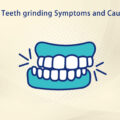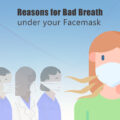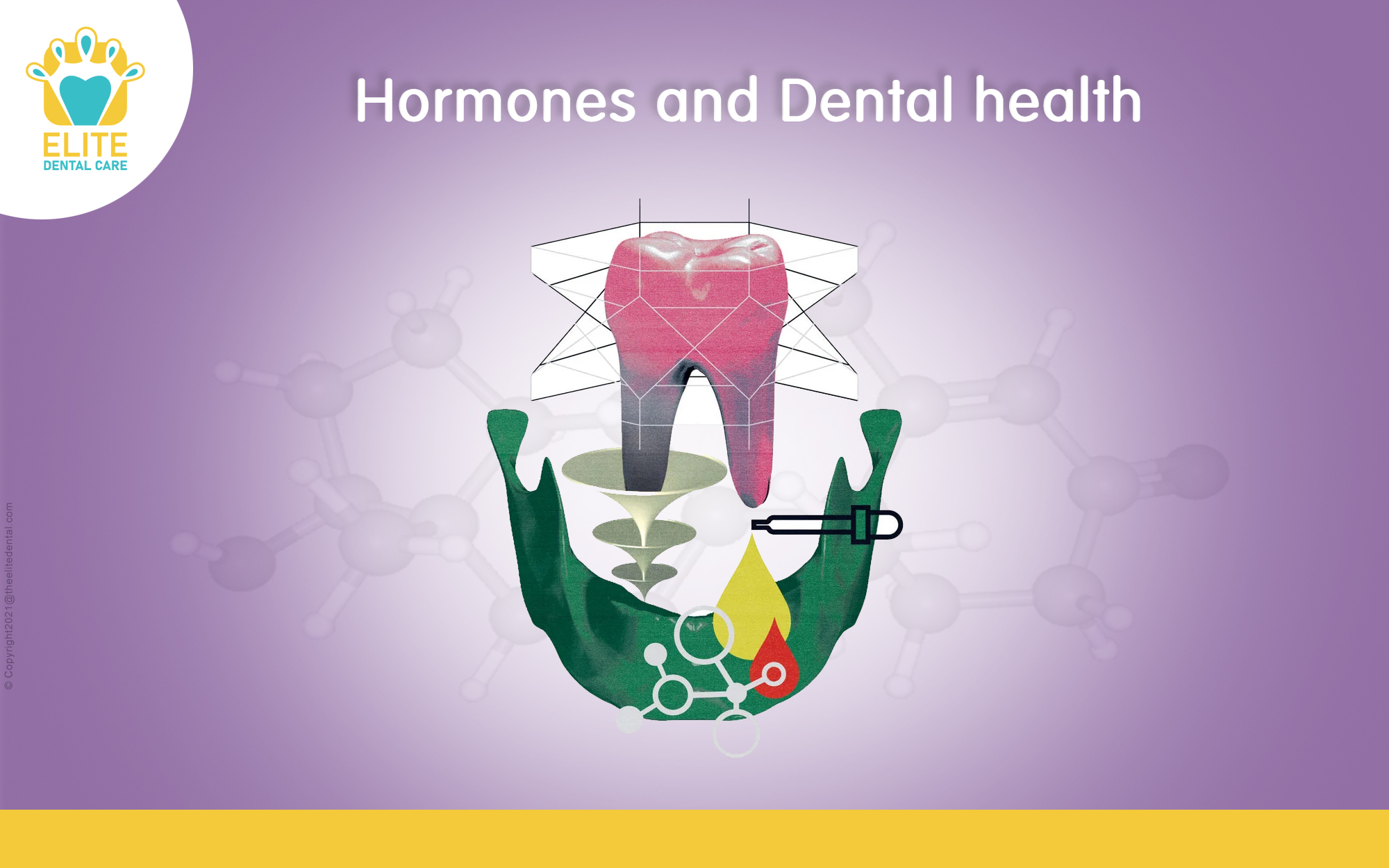
denturesflossinghygiene tipsoral healthRoot Canal TreatmentTeeth WhiteningTooth ExtractionUncategorized
edental
27 July 2022
How Hormones Affect Dental Health?
When it comes to Dental Health, women and men are not built equal, women have unique health issues such as menopause, pregnancy and hormones. Hormones not only affect the blood supply of the gum tissue but also the body’s response to the toxins that lead to plague build-ship, resulting in the development of periodontal disease and to other dental problems. Given below is detailed information on how hormones affect dental health.
Why are dental health risks greater for women?
Hormone fluctuations such as menstruation cycle, pregnancy, puberty, Birth Control Pills and menopause in women’s life makes them liable to dental health problems.
Menstruation Cycle
Some women experience oral changes that can include swollen gums, swollen salivary problems, bleeding gums, etc. due to the hormonal change (progesterone) that occurs in the monthly Menstruation Cycle. Menstruation gingivitis usually occurs a day or two before periods and ends shortly after the periods start.
Pregnancy
Throughout pregnancy, hormones frequently alter. An increase in progesterone can raise the risk of gingivitis caused by bacterial plague, which can be identified during the last seven to eight months of pregnancy. Pregnancy gingivitis is a disorder in which the gums swell and bleed readily. The dentist may advise more frequent professional cleanings to help lower the risk of getting gingivitis.
Puberty
The production of the female hormones such as estrogen and progesterone that takes place during puberty can increase the blood flow of the gums and possibly change how the gum tissue reacts to the irritant plagues that results in the gum tissue resulting to redness, swollen, tenderness and bleeding during brushing or flossing.
Birth Control Pills
Birth Control Pills can contribute largely in affecting dental health issues. Birth Control Pills contain Progesterone that increases hormones in the body. Women who take Birth Control Pills are more likely to experience inflamed gum tissue due to the exaggeration of production from the plague.
Menopause
Age-related changes in the mouth, medications used to treat illnesses, and menopausal hormone fluctuations all contribute to numerous dental alterations. A burning feeling in the mouth, altered tastes, increased sensitivity while eating extremely hot or cold food, and a decrease in salivary flow that causes dry mouth are just a few examples of these dental alterations.
Saliva has the ability to moisturize and disinfect the mouth by balancing the acids that pathogens create. Due to a lack of saliva, dry mouth can cause the development of periodontal disease. Many prescription and over-the-counter medications that are frequently prescribed to older people can also cause dry mouth.
Women are more at risk of developing osteoporosis, bone loss due to menopause, and inflammation of the tissues surrounding their teeth as a result of a drop in oestrogen (called periodontitis). The loss of teeth may result from bone loss, particularly in the jaw. Receding gums expose more of the tooth surface to the risk of dental decay and may indicate bone loss in the jawbone.
What relationship exists between female dental health and hormones?
Women are more susceptible to dental health issues due to the particular hormonal changes they go through. The body’s reaction to the toxins (poisons) brought on by plaque buildup is also impacted by these hormonal changes, in addition to the blood flow to the gum tissue. Women are more vulnerable to developing periodontal disease and other oral health issues at particular phases of their life as a result of these changes.
What can I do to prevent the development of oral health problems?
- You must use fluoridated toothpaste and brush and floss your teeth at least twice a day in order to prevent the development of oral health.
- Steer clear of snacks that are high in sugar and starch.
- Ask your dentist if you can use antimicrobial mouthwash when you visit at least twice or three times a year for an oral inspection or cleaning.
- Maintain a healthy diet.
- Avoid smoking and drinking alcohol because both can cause gum disease and tooth decay.
- To lessen the unpleasant effects of having a dry mouth, you should consult your dentist about treatment options.
